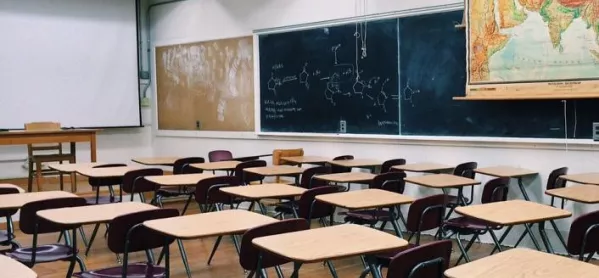There may be lessons to be learned from high-performing countries that don’t publish the results of school inspections, according to a new report from the Department for Education.
The School Improvement Systems in High-performing Countries report, published today, compares five of the highest-performing schools systems in the world: Germany, Taiwan, Estonia, Singapore and Finland.
And when it comes to inspecting schools, it says “lessons may be learned” from the German model where inspections are “low stakes” and where the emphasis is on “school quality process criteria” rather than pupil outcomes, and where results are “not generally published.”
Reporters’ take: Ofsted is ready for new inspections but are schools?
Insight: How inspectors will look at the curriculum
Inspections: Ofsted to introduce new quality of education grade
The report states: “This stands in marked contrast to the English approach where the focus is on pupil outcomes and schools located within socio-economically challenging areas are disproportionately represented among the schools deemed to be failing.”
In Germany, according to the report, schools in socially privileged areas or those performing well in terms of outcomes are often those which are identified as “in need of improvement.”
The report states: “It could be argued that a pupil outcome focus can fail to recognise the multiple challenges in some schools and the wider positive impact that schools can have even if results are below expected standards, with selective schools and those in wealthier areas having a perceived in-built advantage.”
However, the report also acknowledges that ignoring pupil attainment, could run the risk of forgetting the aim of school improvement, and that test results are “seen as the most objective measure of a school’s success.”
It also identifies Taiwan as a country which England could learn from, where, as in Germany, inspectors provide assistance to schools in need of improvement.
The report states: “There may be lessons to learned from Germany and Taiwan, which have achieved high-performing status whilst also using inspection-led systems to identify and support low-performing schools.
“In the case of Germany, it is noticeable that the federal states that use inspections operate low-stakes systems. In contrast to England, inspection results are generally not shared beyond the school, but used by schools to improve their performance.
“The emphasis of inspection in Germany is on school quality process criteria rather than outcomes, with the result that there is a relatively weak relationship between inspection results and the social context of schools.”
Earlier this year, the government’s Social Mobility Commission criticised schools inspectorate Ofsted for giving schools a negative single-word public label that, it said, often highlighted that the school was in a disadvantaged area.




